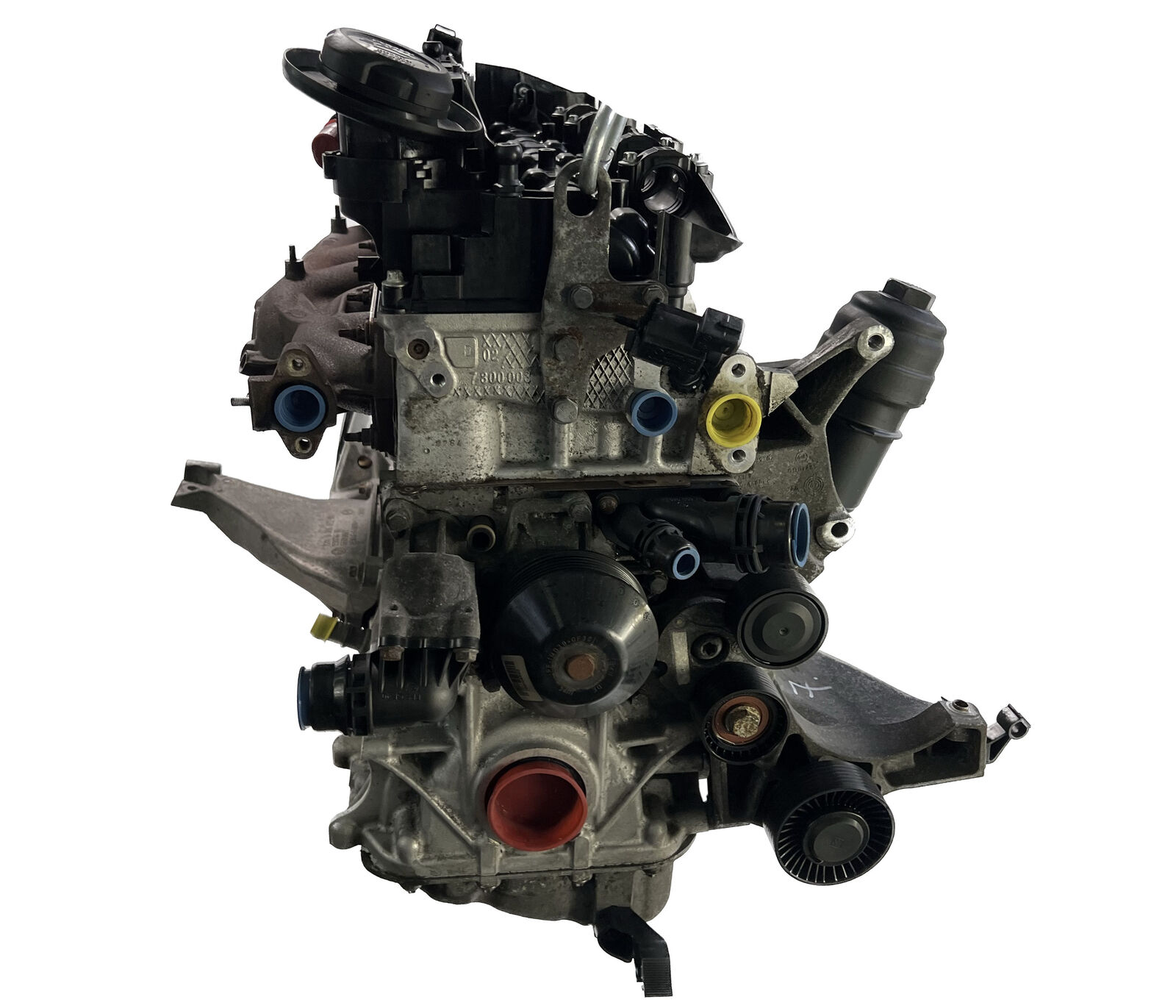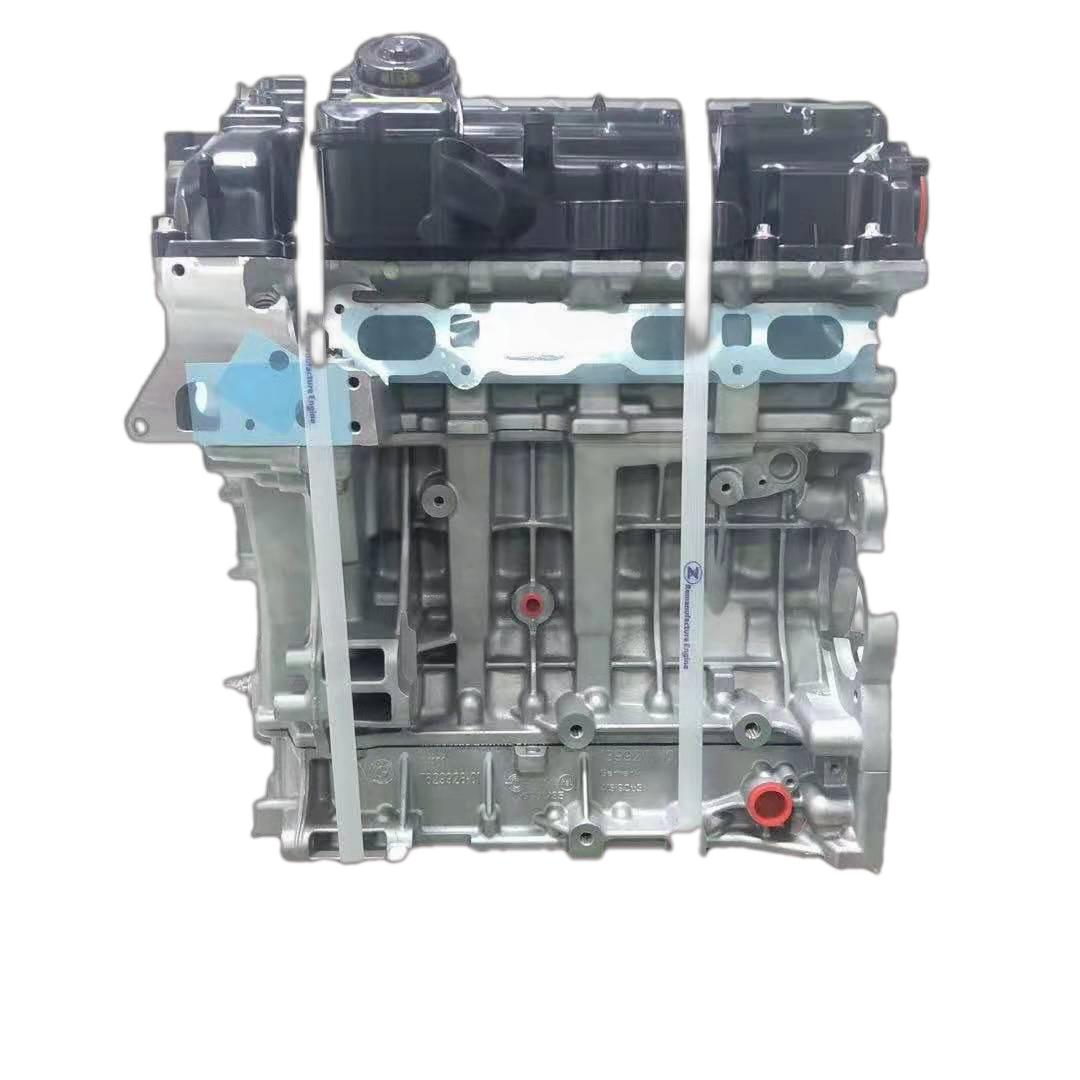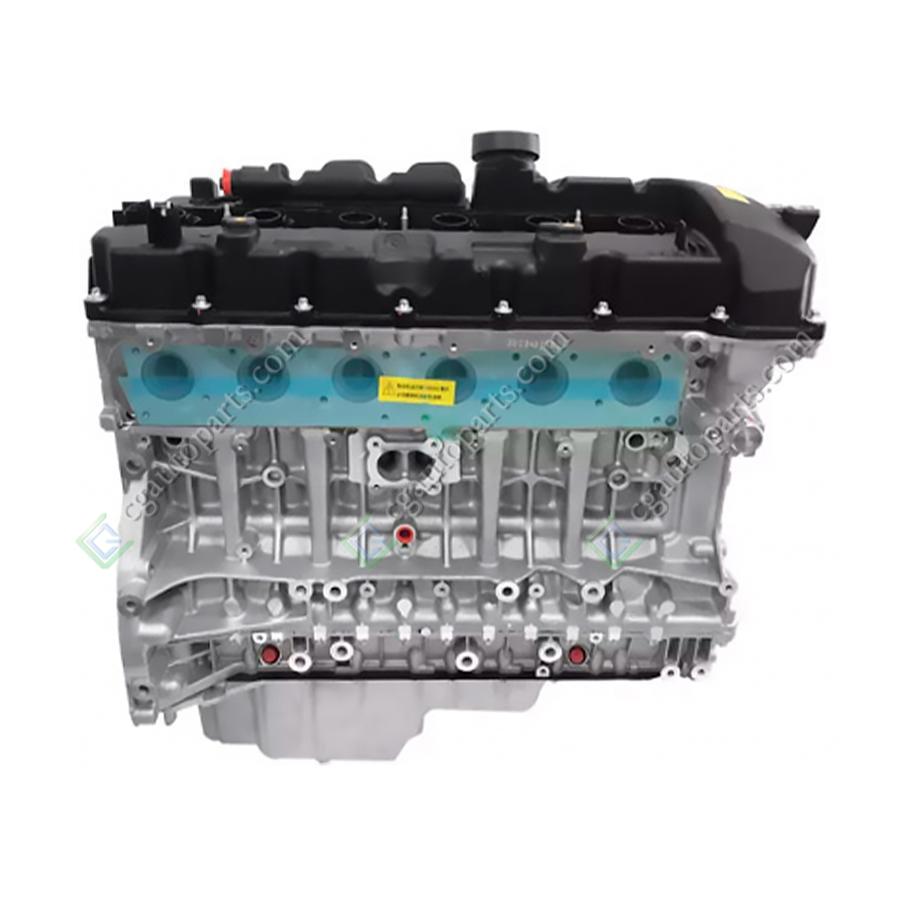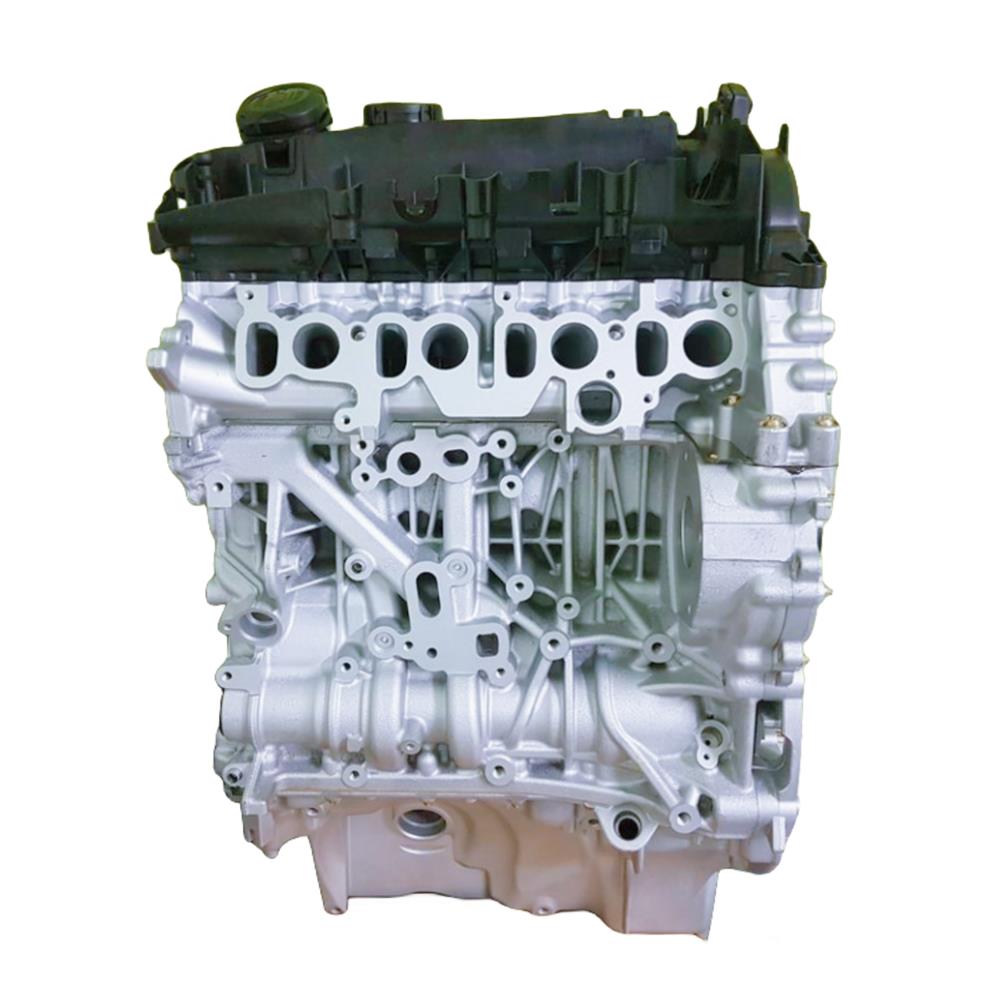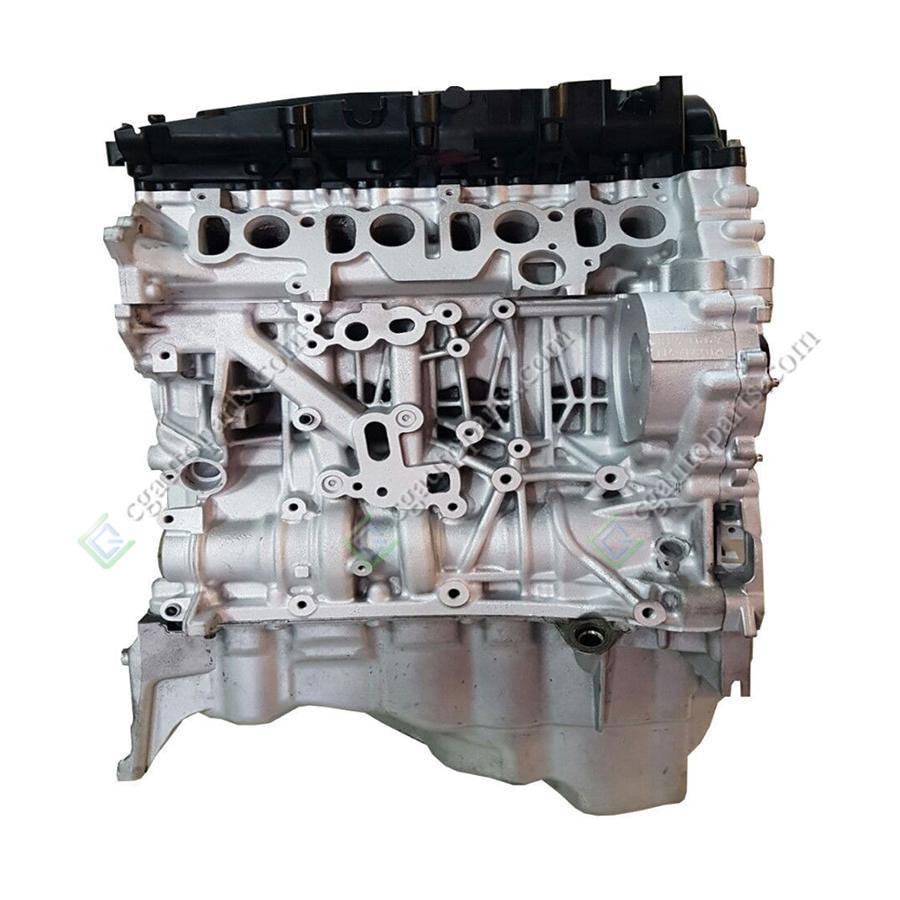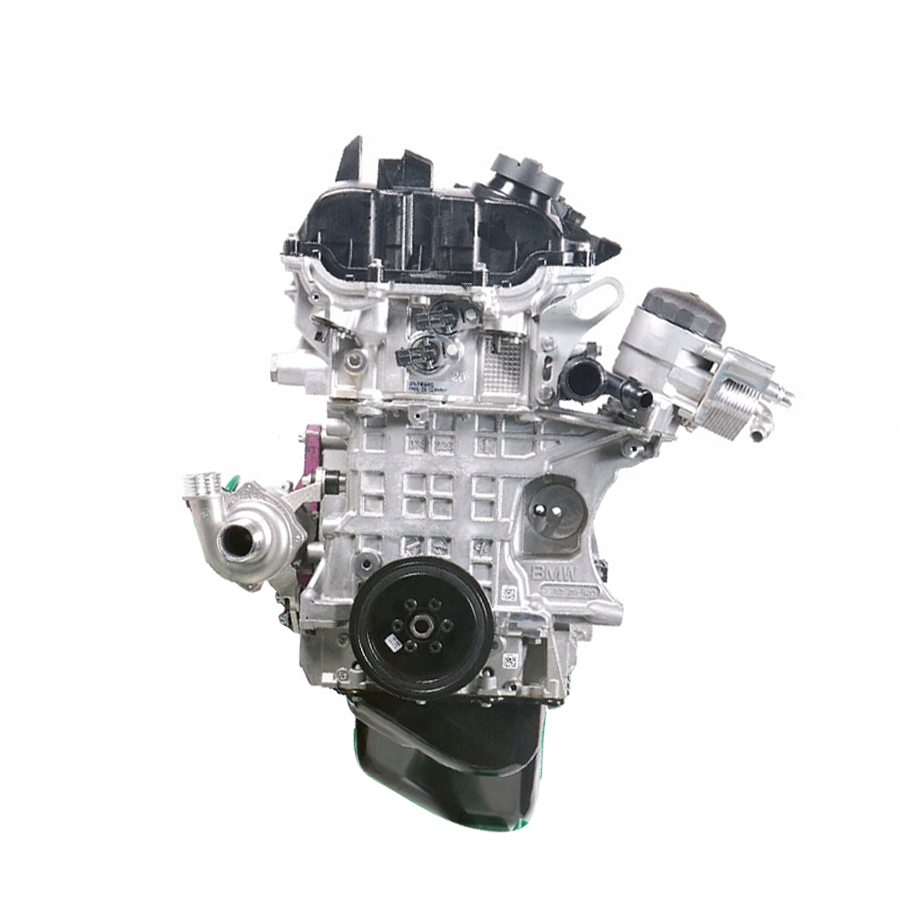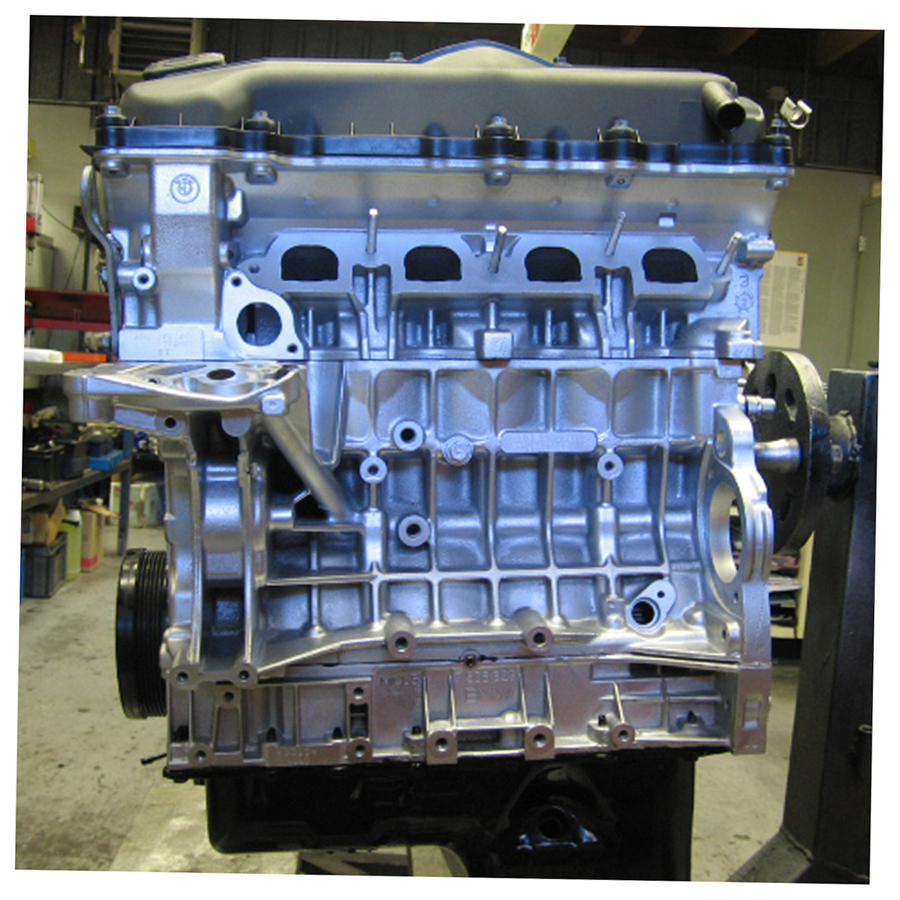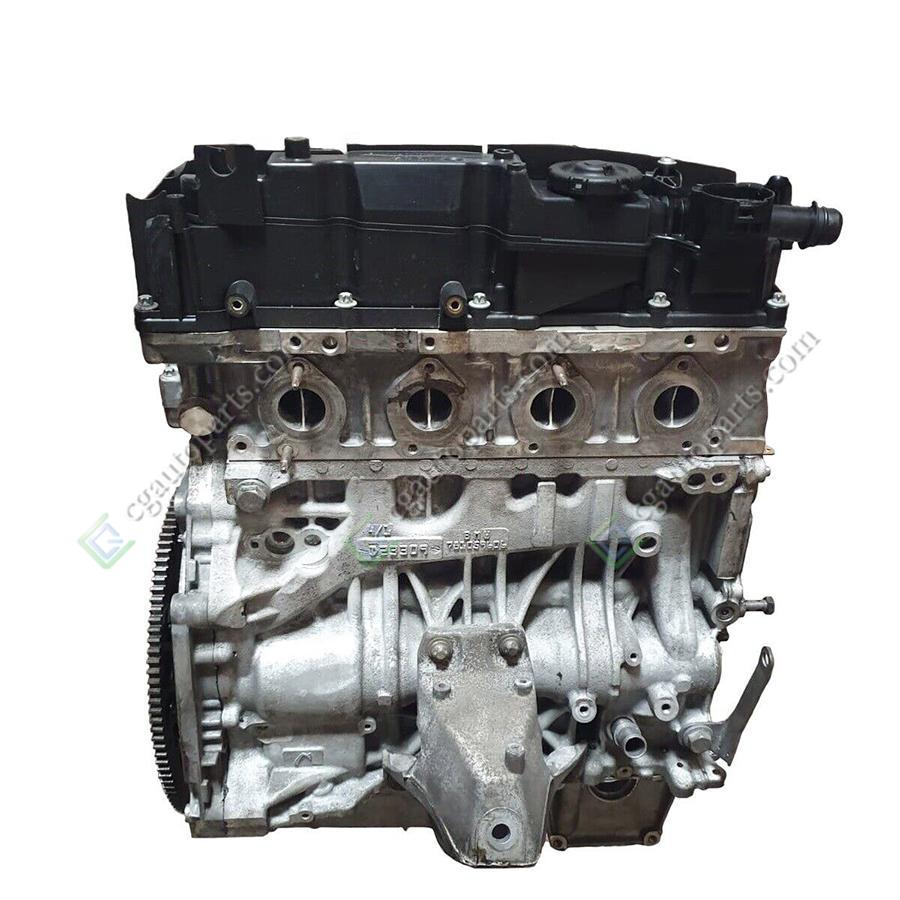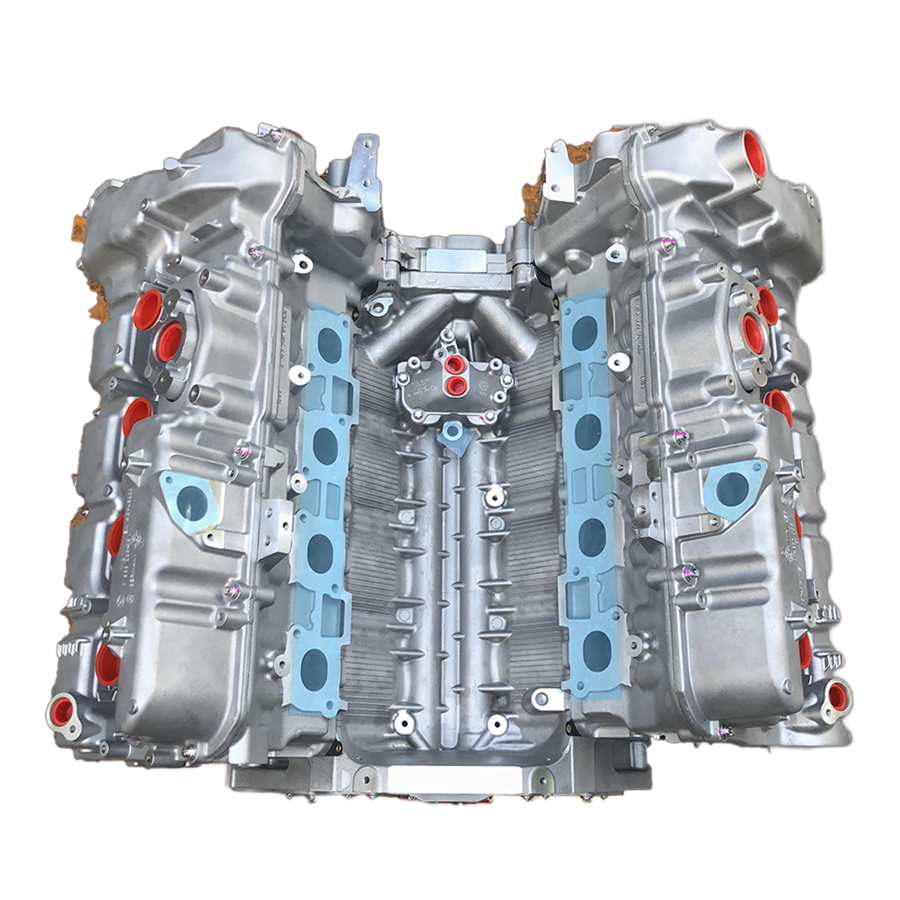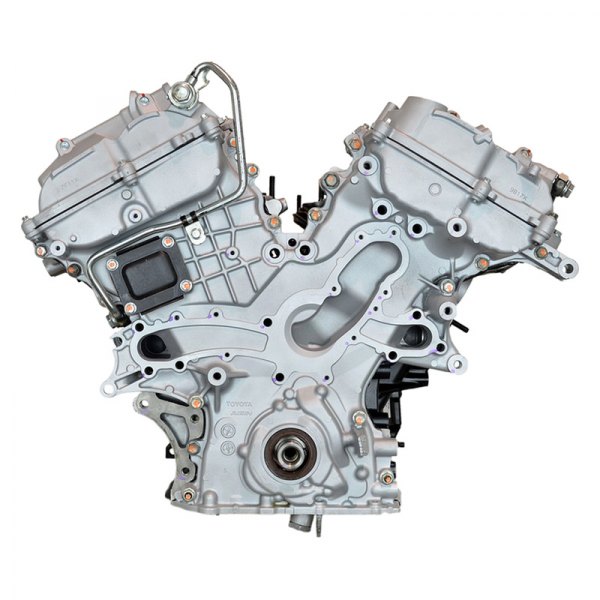0102030405
Engine For Toyota 2GR-FE
PRODUCT INTRODUCTION
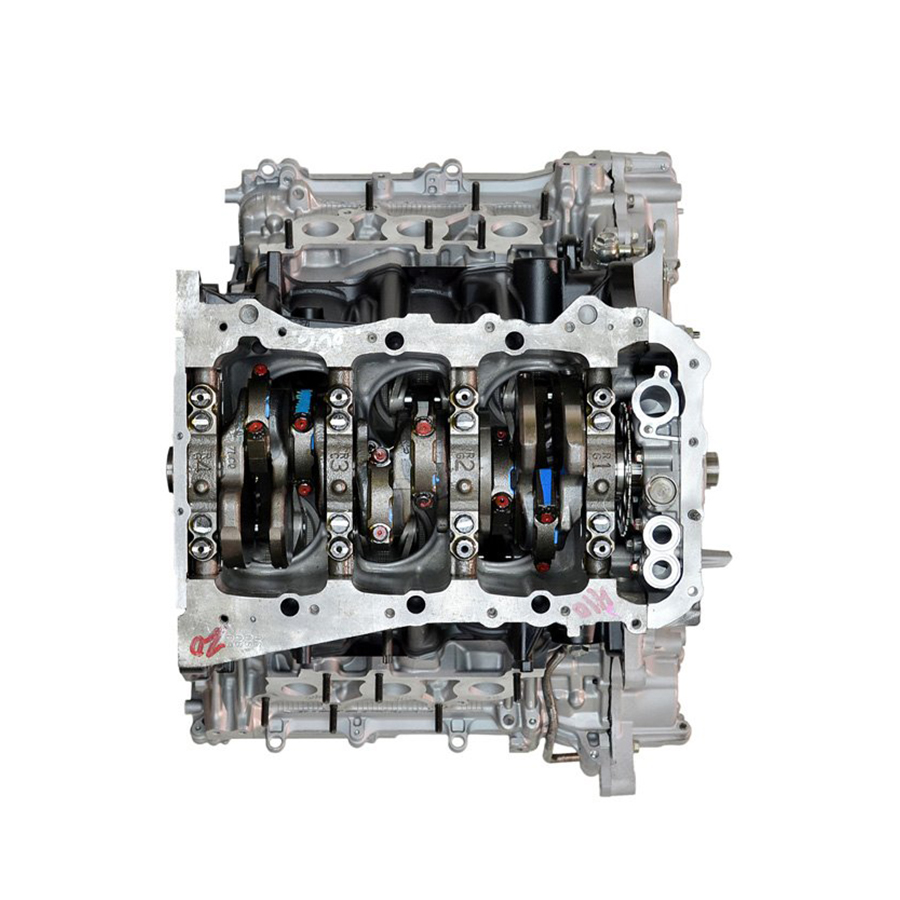
The 3.5-liter V6 Toyota 2GR-FE engine has been assembled at factories in the USA and Japan since 2004 and is installed in front and all-wheel drive vehicles with a transverse engine. This unit is known for such models as Camry, Avalon, Sienna, Venza and Lexus models.
At the end of 2004, a 3.5-liter V6 unit debuted on the popular Avalon sedan in the United States, which was intended for front- and all-wheel drive models on the K or New MC platform. This is a V-shaped six with a 60 ° camber angle, distributed fuel injection, an aluminum block with cast-iron sleeves, two DOHC cylinder heads with hydraulic compensators, a VVT-i phase control system on all camshafts and a timing chain drive.
Also here is an intake manifold with an ACIS geometry change system, an ETCS electric throttle, a DIS-6 ignition system with individual coils, piston cooling oil nozzles.
The engine was installed on:
●Toyota Alphard 2 (AH20) in 2008 – 2015; Alphard 3 (AH30) in 2015 – 2017;
●Toyota Aurion 1 (XV40) in 2006 – 2012;
●Toyota Avalon 3 (XX30) in 2004 – 2012; Avalon 4 (XX40) in 2012 – 2018;
●Toyota Blade 1 (E150) in 2007 – 2012;
●Toyota Camry 6 (XV40) in 2006 – 2011; Camry 7 (XV50) in 2011 – 2018;
●Toyota Harrier 2 (XU30) in 2006 – 2009;
●Toyota Highlander 2 (XU40) in 2007 – 2013; Highlander 3 (XU50) in 2013 – 2016;
●Toyota Mark X ZiO 1 (NA10) in 2007 – 2013;
●Toyota Previa 3 (XR50) in 2006 – 2019;
●Toyota RAV4 3 (XA30) in 2005 – 2012;
●Toyota Sienna 2 (XL20) in 2006 – 2009; Sienna 3 (XL30) in 2010 – 2017;
●Toyota Venza 1 (GV10) in 2008 – 2016;
●Lexus ES350 5 (XV40) in 2006 – 2012; ES350 6 (XV60) in 2012 – 2018;
●Lexus RX350 2 (XU30) in 2006 – 2009; RX350 3 (AL10) in 2008 – 2015;
●Lotus Emira 1 since 2021;
●Lotus Evora 1 in 2009 – 2021;
●Lotus Exige 3 in 2012 – 2021.
Specifications
| Production years | since 2004 |
| Displacement, cc | 3456 |
| Fuel system | distributed injection |
| Power output, hp | 250 – 280 |
| Torque output, Nm | 330 – 350 |
| Cylinder block | aluminum V6 |
| Block head | aluminum 24v |
| Cylinder bore, mm | 94 |
| Piston stroke, mm | 83 |
| Compression ratio | 10.8 |
| Hydraulic lifters | yes |
| Timing drive | chain |
| Phase regulator | VVT-i |
| Turbocharging | no |
| Recommended engine oil | 5W-20, 5W-30 |
| Engine oil capacity, liter | 6.1 |
| Fuel type | petrol |
| Euro standards | EURO 4/5 |
| Fuel consumption, L/100 km (for Toyota Camry 2015) — city — highway — combined | 13.2 7.0 9.3 |
| Engine lifespan, km | ~400 000 |
| Weight, kg | 163 |
Disadvantages of the 2GR-FE engine
●In engines until 2010, the oil supply line to the phase regulators had a rubber part that could burst and the unit began to lose lubrication until the liners turned. Dealers only changed the rubber hose, but it’s better to buy a whole aluminum tube.
●Quite often, owners are faced with a crackling of the phase regulators when starting the car, but many drive like this, despite the fact that the clutch is broken and the unit is unstable. Replacing sprockets helps many, but often you have to buy new clutches. Even in engines until 2011, VVT-i control valves were often changed under warranty.
●In this engine, the throttle valve gets dirty pretty quickly and idle speed starts to float, and until 2011, dealers even replaced the entire throttle assembly. Also, the cause of unstable operation can be clogged nozzles and a filter in the tank.
●Other weaknesses of this power unit include unreliable ignition coils, a short-lived overrunning generator clutch and a water pump that leaks even up to 50,000 km. In engines until 2007, there was often a problem with leaks at the joints of the cylinder head.


